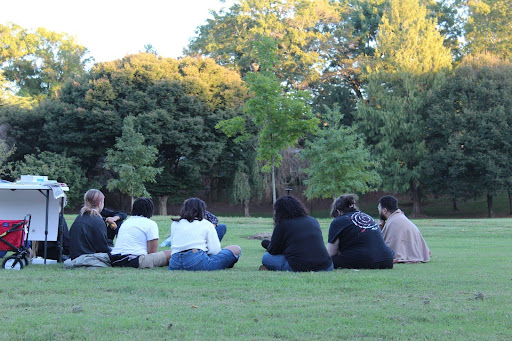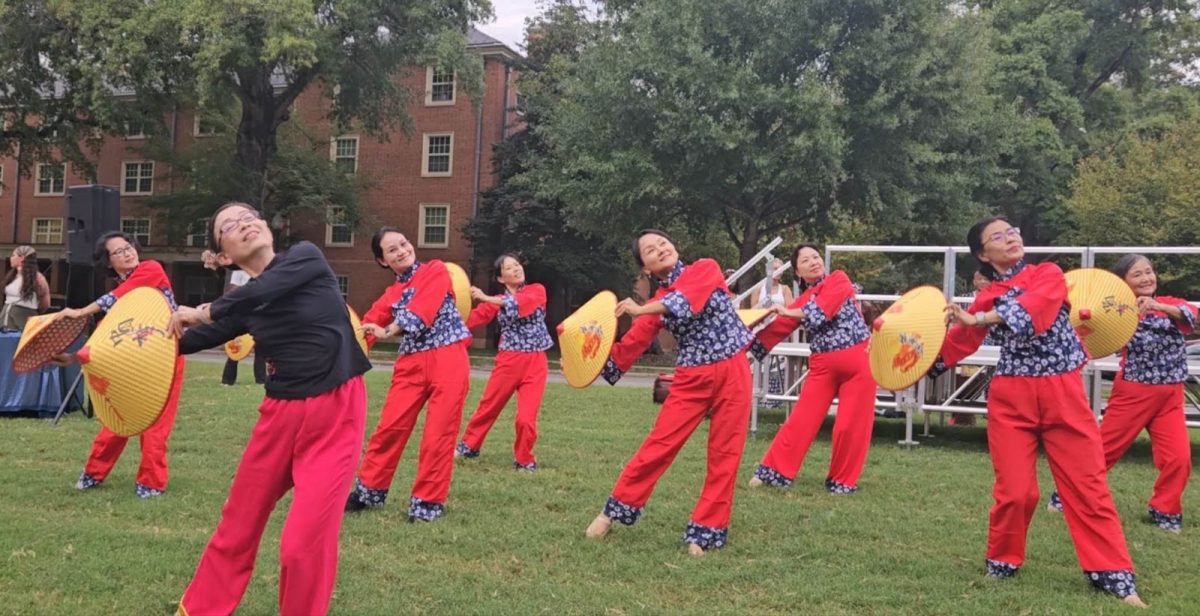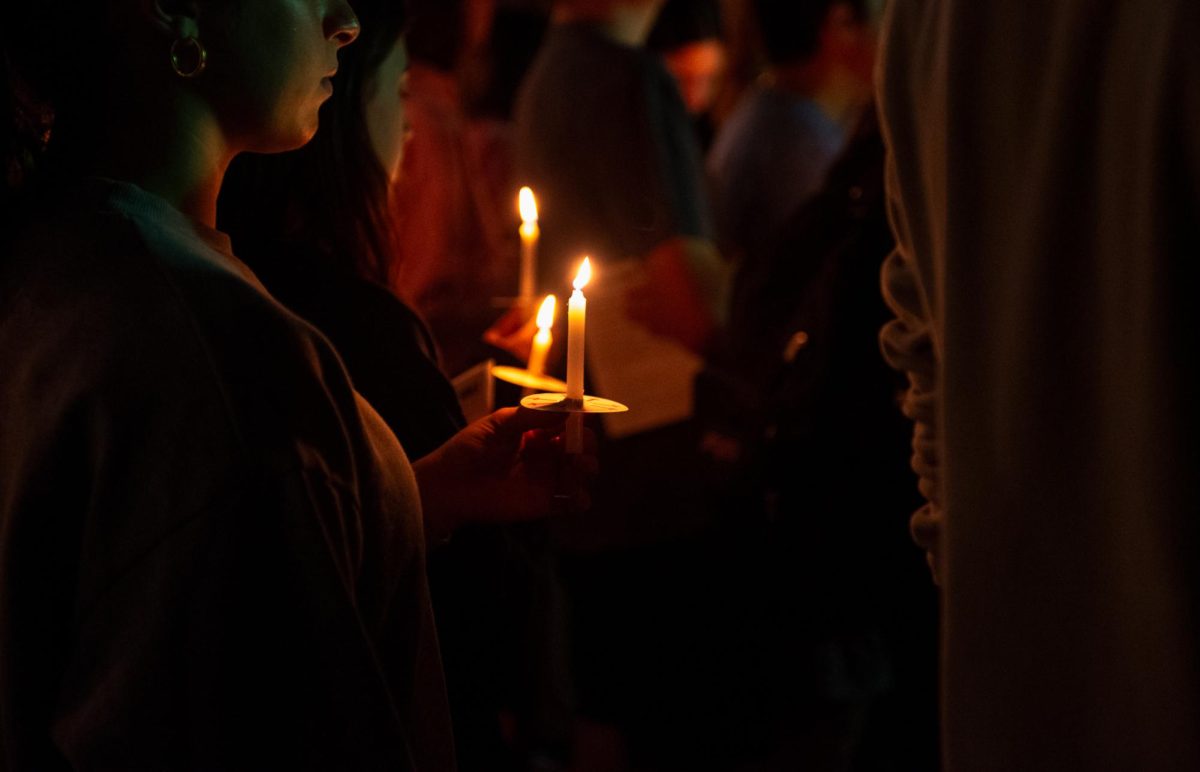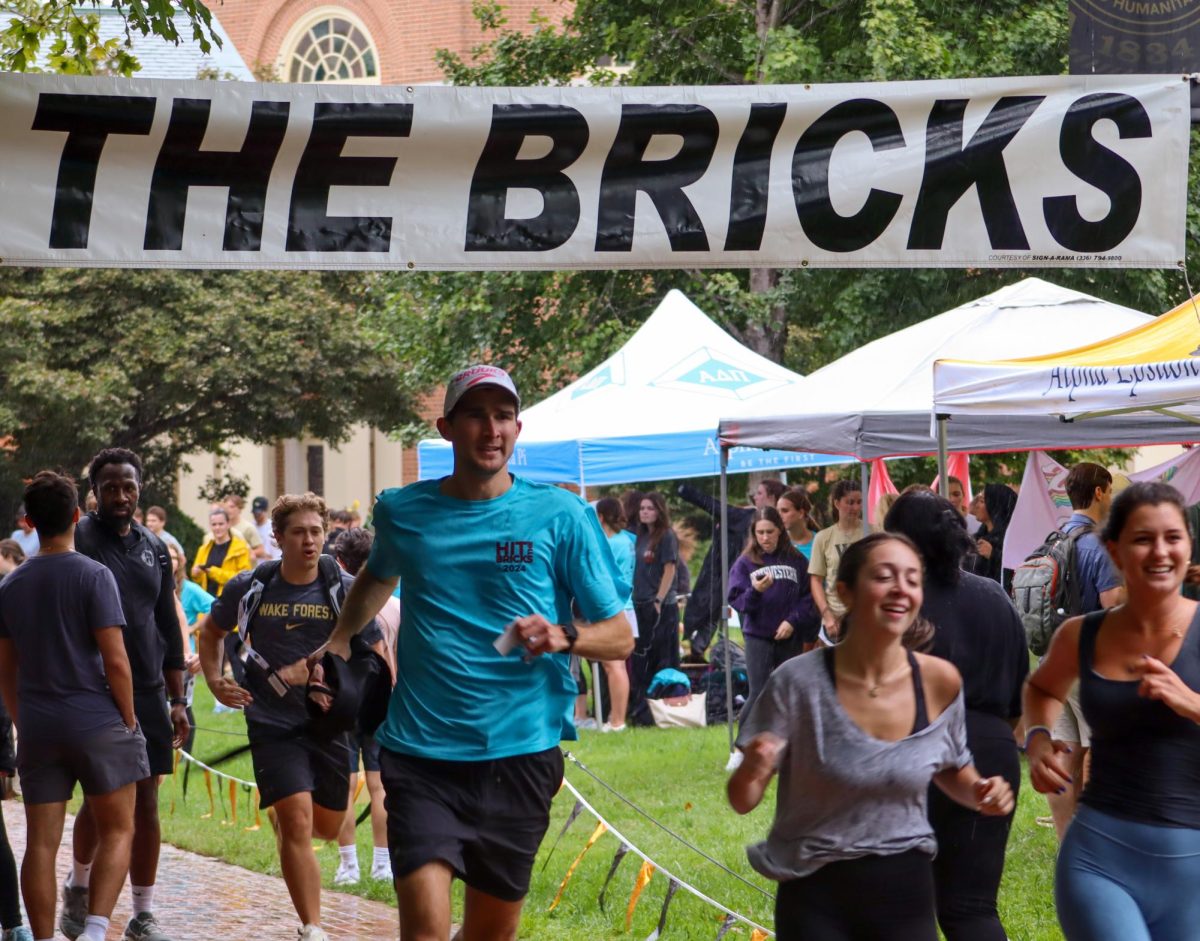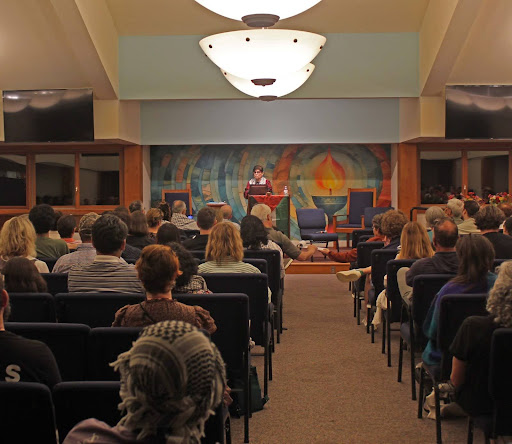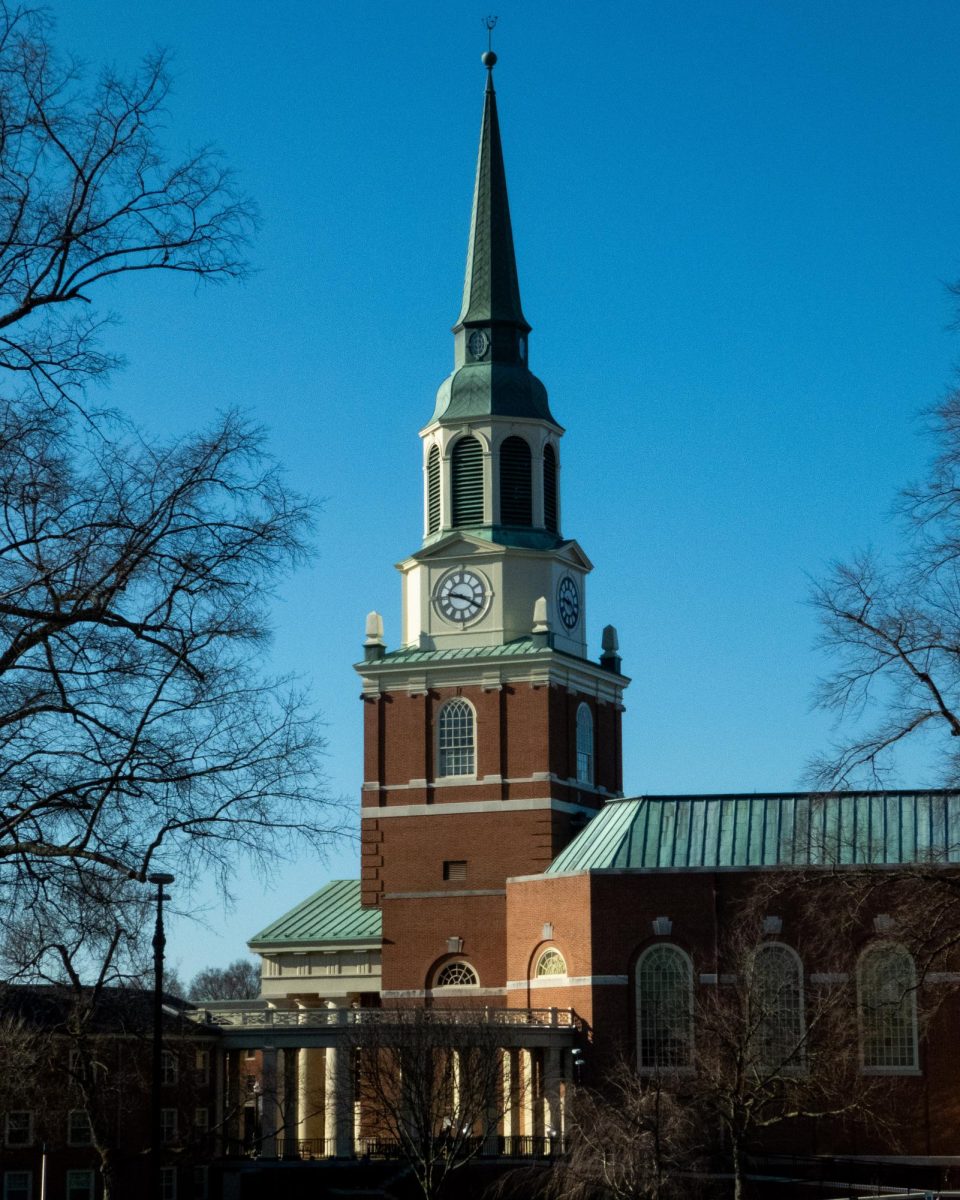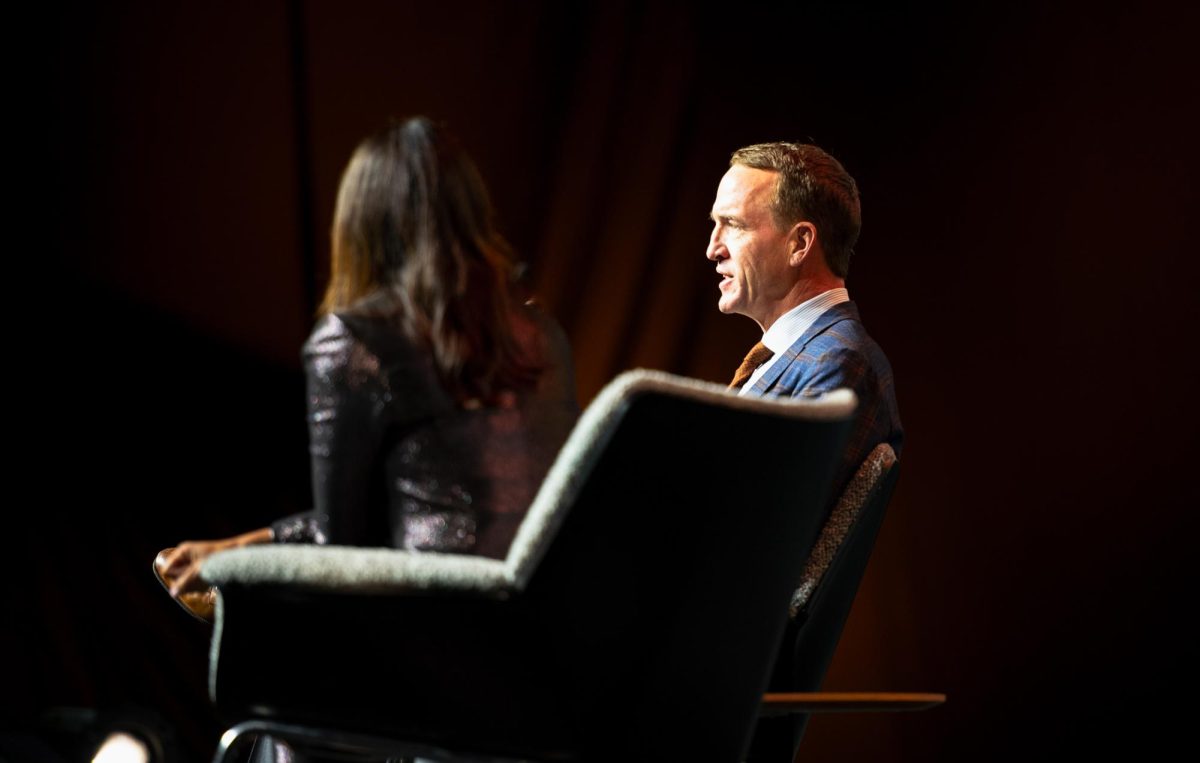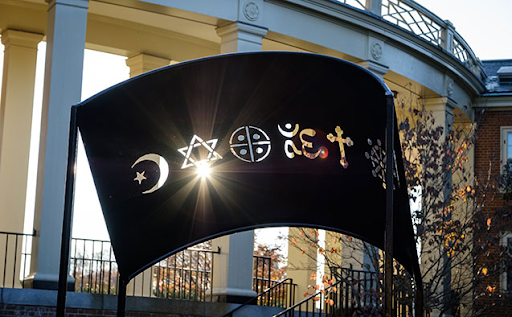Amanda Wilcox also contributed to this article.
Last Thursday, members of the Wake Forest administration hosted a “community conversation” in response to multiple race-involved instances that have occurred on campus this semester, including the discovery of blackface images in the Howler and revelations that Dean of Admissions Martha Allman and Associate Dean of Admissions Kevin Pittard appeared in photos with a Confederate flag along with members of Kappa Alpha Order while they were students in the 1980s.
According to Jose Villalba, vice president of Diversity and Inclusion, the event was the result of conversations with student representatives from the Wake Forest Anti-Racism Coalition (ARC), a student group that formed this semester with nine demands to address racism on campus. However, ARC ultimately boycotted the event and encouraged other students not to attend due to concerns about the event’s limited publicity, limited venue size in ZSR 404 and timing, as it was scheduled for the same evening as the Student Union Spring Concert.
“While Dean Allman and Associate Dean Pittard have expressed regret and sympathy for students’ pain behind closed doors, we demanded a public apology to the entire campus and Winston-Salem community,” ARC said in a public statement released on their Twitter account. “After countless emails, conversations, pleas and public statements, it seems that our points have been ignored. We asked repeatedly for a public forum that was open to the community, well-publicized, at an opportune time and in a venue large enough to hold all interested members of the community … The event that has been planned for Wednesday, April 17 does not come close to meeting these requirements.”
Members of Wake Forward, an ad hoc group of self-described progressive faculty who have called on university administration to make tangible progress addressing racism on campus, released a statement of support for ARC’s boycott and call for the event to be cancelled.
“According to ARC’s statement today, they continue to call for a large public forum,” Wake Forward said in a public statement released on ARC’s Twitter account. “Tonight’s event appears to be counter to this request as it is being held in a small venue with little publicity. We are confused … Further, we are concerned that the proposed structure of tonight’s discussion which features addresses from Chaplain Auman, President Hatch, Dean Allman and Associate Dean Pittard, includes no students and little time for their voices.”
In addition, two members of Wake Forward handed out printed copies of ARC’s statement of boycott and Wake Forward’s statement of support. They encouraged students who had planned to attend the public community conversation to instead attend ARC’s student speak out on April 22.
Villalba acknowledged that he had been aware of the T-Pain concert, but hoped that since the event was at 5:30 p.m., people would be able to attend before the concert later that night, so as not to keep postponing the event further towards the end of the semester.
He also spoke to the fact that the event had been intended for those students who voiced being most impacted by the circulated images from earlier this semester.
“I understand now that whether or not there were reasons or rationale for broadcasting it better or getting the word out, I still go back to the fact that I thought the primary audience, which again is in that [Old Gold & Black] article from last week, for this event was for those students who had shared being most impacted, most hurt by the images they had seen, and they were the ones who were most interested in hearing reflection, remorse and where are we going next,” he said.
The public forum was not canceled, but as a result of ARC’s encouraged boycott, the event’s attendence was limited outside of senior administrators.
“I guess my thought was it was a missed opportunity for dialogue and conversation,” Villalba said.
Senior Elontae Bateman, who was one of the only students to attend the community conversation, expressed regret that other students did not attend.
“I was shocked that students offended [by the images] weren’t here,” he said, “because it’s really who they were apologizing to today.”
After opening remarks by Chaplain Tim Auman, Villalba explained the three main reasons for the event.
“The first one is for reflection — reflecting on our history, reflecting on our past, reflecting on decisions that were and/or were not made with the clearest of intentions,” Villalba said. “The second reason why we’re here is to re-center — to re-center the experience of our underrepresented students, staff and faculty, but particularly students. Then the last thing we’re going to do is recommit. We have been rightfully and directly challenged for how we do and don’t show up, when we do and don’t show up and what we do or don’t do when we do or don’t show up.”
President Nathan Hatch spoke, acknowledging the difficult conversations that have been taking place over this semester and that people make mistakes, including him, like when he accepted Allman’s apology.
Associate Dean of Admissions Kevin Pittard then took the podium to give his statement. It was his first public statement since the photos in the Howler came to public attention; unlike Allman, he did not initially apologize to the student body in an email, but gave shorter statements to news publications.
Pittard spoke to the transformation that a person can undergo over the course of three decades. In addition, he also spoke to his involvement in the Kappa Alpha Order. According to him, Pittard only joined KA because of the “very simple, ridiculous reason” that they were the fraternity nearest his freshman suite in Davis. However, since his graduation, Pittard has had nothing to do with KA, declining invitations to attend alumni events, to be an alumni advisor, to defend them and donate. He also spoke to the prevalence of the Confederate flag at the time in the south.
“Despite that ubiquity, I should’ve known that standing by that flag was wrong,” he said. “Deeply wrong, because that flag stands for and always stood for so many repellent and awful ideas that there is no excuse for standing by it.”
Pittard also spoke to his admission work in trying to increase diversity at Wake Forest. He said that the past few months can help make Wake Forest work towards being better.
“If this experience can help make that happen, then this experience will have been worth it,” Pittard said.
Allman echoed these sentiments, speaking to the “silver lining” of meaningful conversations that have resulted from these difficult topics and times. Allman expanded on the email apology she had sent out on Feb. 21. She also admitted that then, in 1982, she was not politically active or involved in issues of social justice.
“In retrospect, I’m ashamed of that lack of awareness,” she said. “I read applications, and I meet you students, and I know that there are a lot of students and people who become aware in their youth, and for others, it just takes longer. And for me, it happened late.”
Later in the community conversation, Villalba called on one of the only students in the audience to share some of his experiences as a black student on campus.
Senior Elontae Bateman spoke to the audience about one of his first experiences on campus, visiting as a prospective football student. He came from Memphis, Tenn., in 2014 to see if he wanted to attend Wake Forest. Walking around the lower quad with some friends, Bateman was called the n-word.
“Me coming from Memphis, Tennessee, an 80 percent black city and [having] had one white friend my whole life, it’s something that I never expected to happen to me,” Bateman said. “Just hearing that was a shock for me to [realize] okay, so this is how it really is, even though I’m going up, not going down.”
He noted how hard it is for black students to get into fraternity parties, for fear they will be perceived as a “liability.”
And a year after his visit as a prospective student, a friend of his had the exact same experience — getting called the n-word visiting as a prospective student.
“You think stuff like that wouldn’t happen, especially with the demographic that goes here,” he said. “It’s not like we get a lot of people from Mississippi, Alabama or the country parts of Tennessee. We actually get a lot of people from the West coast and from up north.”
Lastly, Villalba spoke to the last goal of the community conversation — to recommit to his students. He outlined five initiatives, paying particular attention to where the administration is in the initiative and what they still don’t know.
These included the President’s Commission on Inclusion; a committee on intersection of bias, expression and conduct, which will look at a zero tolerance policy for white supremacy, the bias reporting system and issues of expression and bias; the Wake Forest Histories Project looking into the university’s connection to slavery and racial issues; the Truth, Racial, Healing & Transformation Institute that some administrators will attend to talk about diversity, building relationships, racism and hearing authentic truths; and deliberative dialogues around belonging and inclusion on campus.
Although there was a time for a Q&A at the end, no audience member asked anything.



